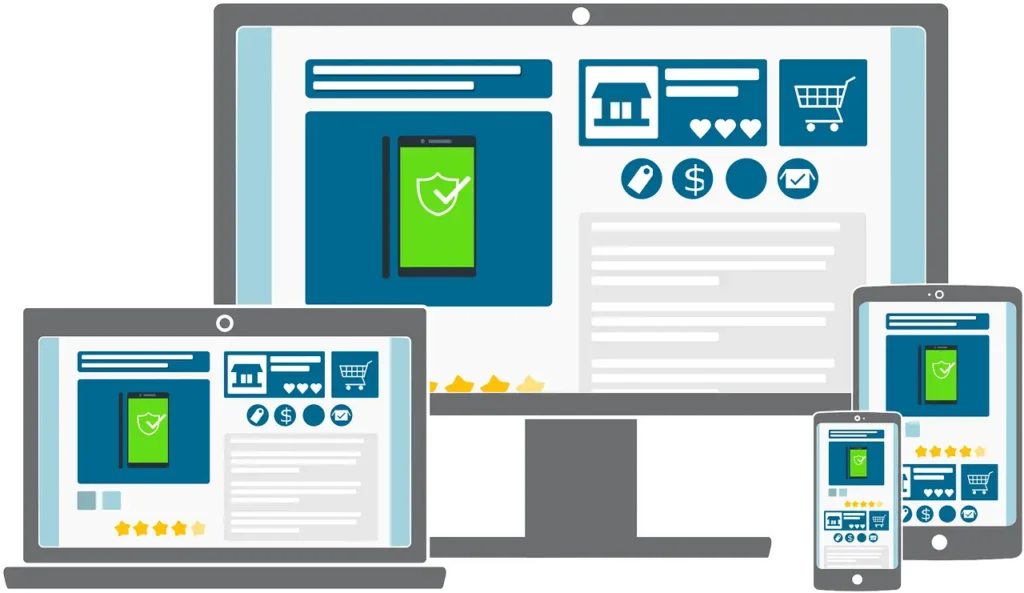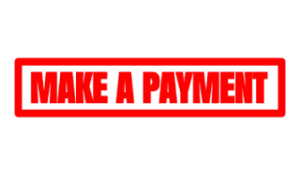Is It Safe to Pay My Bills Online? A Guide to Secure Online Bill Pay
In today’s fast-paced world, online bill pay has become an increasingly popular method for managing personal finances. With its convenience and flexibility, paying bills online offers a range of benefits. However, concerns about security often arise when it comes to sharing personal and financial information over the internet. In this blog post, we will delve into the topic of online bill pay security and provide you with essential steps to protect your information effectively.
Understanding Online Bill Pay
Before we explore the safety aspects, let’s clarify what online bill pay entails. Online bill pay is a service offered by banks and credit unions that enables individuals to pay their bills electronically through the institution’s website. This method provides the convenience of paying bills from anywhere and at any time, often allowing for automated recurring payments to avoid missing due dates.
Reasons to Choose Online Bill Pay
The popularity of online bill pay stems from various advantages it offers to users:
1. Unparalleled Convenience: With online bill pay, you have the flexibility to manage your payments from the comfort of your home, office, or even on the go. No more writing checks or visiting physical locations to settle your bills.
2. Enhanced Accuracy: Online bill pay reduces the likelihood of errors that can occur when manually writing and mailing checks. You can be confident that your payments will be made on time and for the correct amounts.
3. Cost Savings: Some financial institutions offer incentives such as discounts or rewards programs for using their online bill pay services. These perks can translate into tangible savings over time.
Ensuring the Safety of Online Bill Pay
Now let’s address the critical question: Is online bill pay safe? The short answer is yes. Banks and financial institutions employ robust security measures, including encryption, to protect your sensitive information. Encryption ensures that your personal details, like account numbers and passwords, are scrambled in a way that makes them unreadable to unauthorized individuals.
Nevertheless, it’s vital to take proactive steps to safeguard your information when using online bill pay services. Here are some essential measures you should implement:
1. Strong Passwords: Create a unique and robust password for your online banking and bill pay accounts. Your password should be at least 12 characters long and include a combination of uppercase and lowercase letters, numbers, and symbols. Avoid using easily guessable information such as your name or birthdate.
2. Secure Websites Only: When making online bill payments, ensure you are on a secure website. Look for the “https” at the beginning of the website address, indicating a secure connection. Avoid making payments on websites that lack this “https” prefix.
3. Regular Security Updates: Keep your computer and devices up to date with the latest security patches and software updates. These updates often include important security fixes that protect your system from vulnerabilities.
4. Be Mindful of Information Sharing: Exercise caution when sharing personal information online. Only provide your details on websites you trust and are confident in their security protocols. Be wary of phishing attempts and do not click on suspicious links or download attachments from unknown sources.
While online bill pay is generally safe, it’s essential to be aware of potential risks:
1. Fraud: Although the risk of identity theft and fraud is relatively low for online bill pay, it’s crucial to remain vigilant. Regularly monitor your accounts and transactions for any unauthorized activity. If you notice anything suspicious, report it to your financial institution immediately.
2. Technical Issues: Technical problems can occasionally occur, such as website downtime or slow internet connections. These issues may prevent you from making timely bill payments. To mitigate this risk, consider scheduling payments in advance to ensure they are processed on time.
Deciding whether to use online bill pay ultimately depends on your individual needs and preferences. If you feel comfortable with online banking and desire the convenience and security it offers, online bill pay can be an excellent choice for you. By following the tips outlined above, you can significantly enhance the safety of your online bill pay transactions.
Online bill pay is a safe and convenient method for managing your financial obligations. However, it is crucial to take proactive measures to protect your information and ensure secure transactions. By implementing strong passwords, only using secure websites, keeping your devices updated, and being cautious about sharing personal information, you can enjoy the benefits of online bill pay with peace of mind.
To learn more about online bill pay, reach out to your bank or financial institution. They can provide you with detailed information about the security measures they have in place.
Take proactive steps to protect your information by creating strong passwords, ensuring you are on secure websites, regularly updating your devices, and being cautious when sharing personal details online.
We hope this guide has provided you with valuable insights into the safety of online bill pay. If you have any questions or concerns, please feel free to leave a comment below.
I hope you find this helpful!
Adams High Tech


